It is already in force in France that law which requires that half of the parking spaces built, over 80 vacancies, have photovoltaic modules installed. According to the government, the expectation is that the structures can generate 9 to 11 GW, which is equivalent to around ten nuclear plants.
The obligation, which came into force on July 1, 2023, applies to all outdoor parking lots that have more than 80 spaces.
Heavy vehicle parking is exempt from mandatory parking, with more than 7.5 thousand tons, and parking lots built close to tourism areas.
Despite having come into force in July 2023, the installation period is three to five years. The requirement is that at least 50% of the surface above the building must be covered by solar modules.
The measure belongs to the bill on “Accelerating the development of renewable energy“. The project provides, through new regulations, influence and accelerate the growth in the use of renewable energy.
Those responsible for parking lots that do not comply with the new law will be subject to a fine of up to €10,000.
Germany: from November 2023, some German states must require mandatory
In the states of Baden-Wurtemberg, Lower Saxony, North Rhine-Westphalia and Rhineland-Palatinate and Hesse, mandatory solar panels in newly built parking lots will come into force from November 2023. To the Constructions subject to the new requirement may range from those with 35 to 100 spaces available.
Unlike France, which requires the requirement for both new and old constructions, Germany will apply the new measure only to newly built parking lots.
According to a study carried out by ISE (Fraunhofer Institute for Solar Energy Systems), if Germany were to apply the new measure also to existing parking lots, around 215 GW of photovoltaic capacity planned by the government for 2030 could be achieved through these installations.


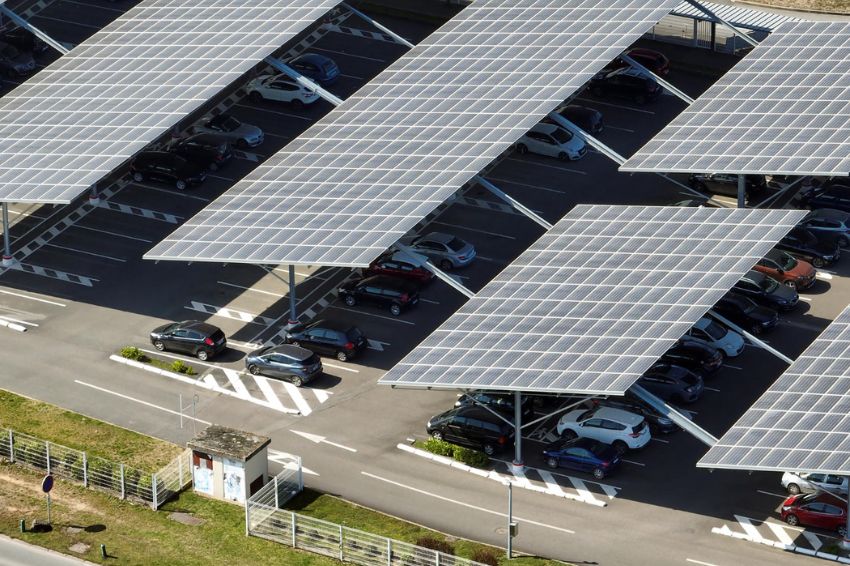

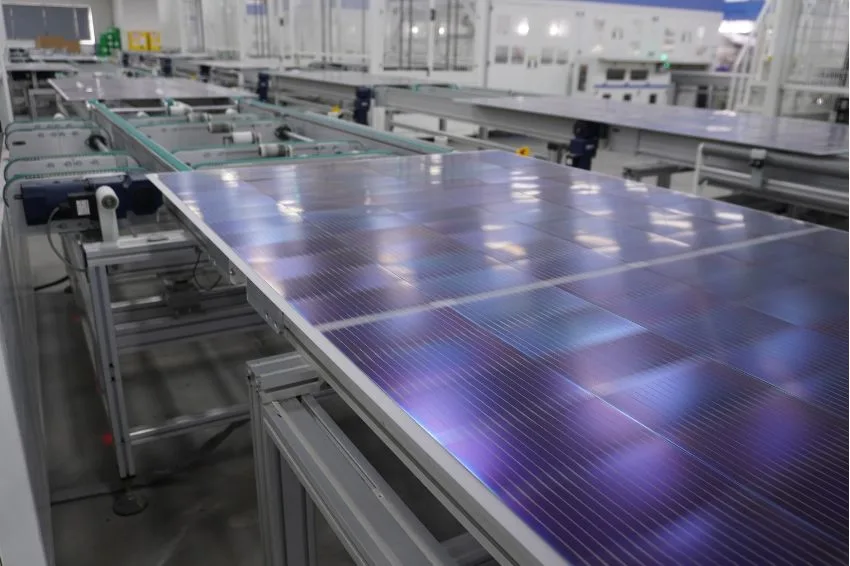
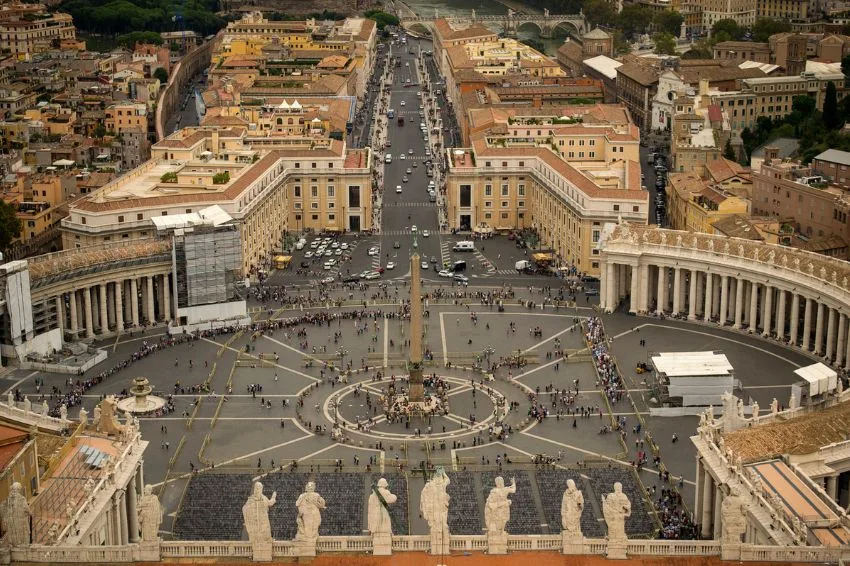

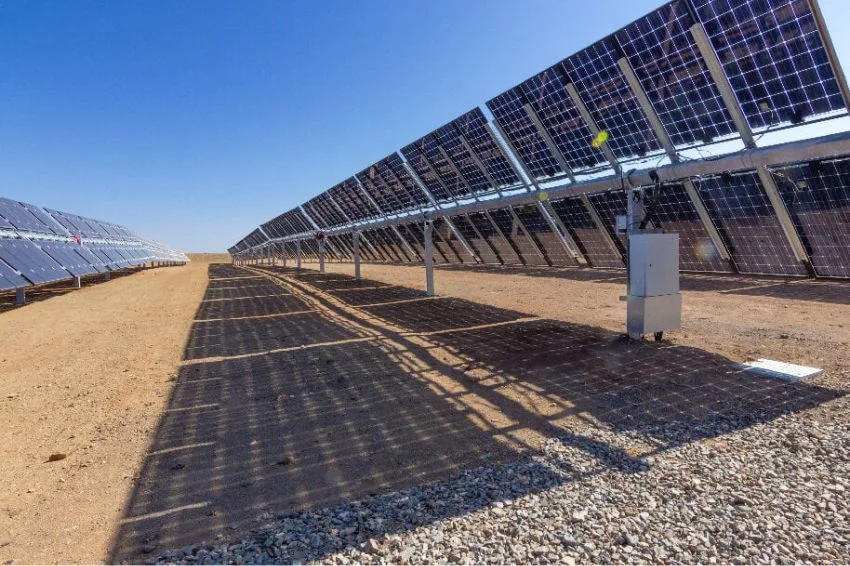
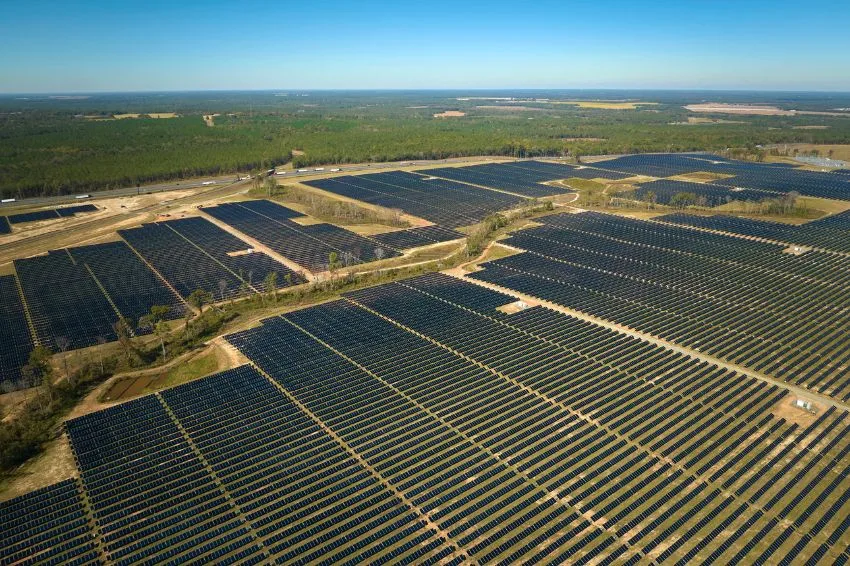
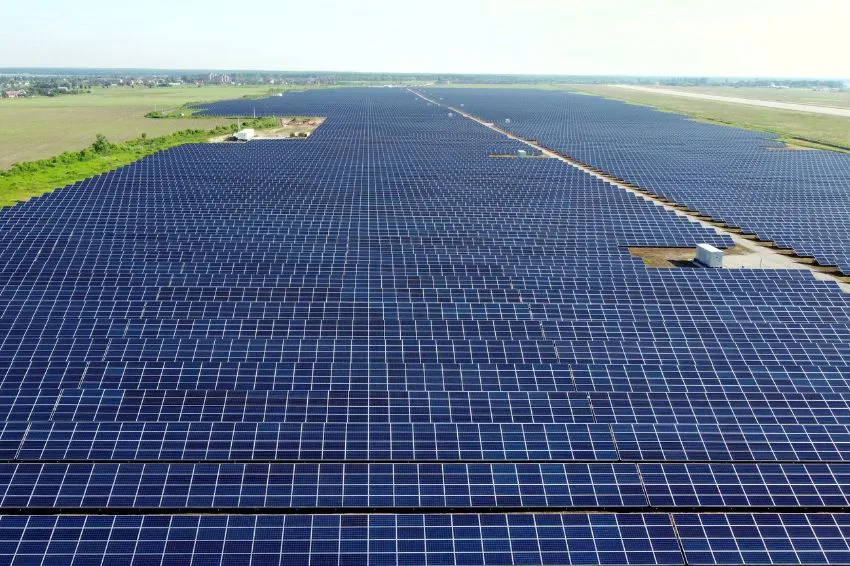







One Response
Dear Daniele,
I'm from Bahia, I've lived in Portugal (in lowercase on purpose) for just over 5 years. I worked the entire last year with electrical and photovoltaic productions. Here in Portugal, the reality is quite different. I have to tell you that in reality, what is happening is that they are investing in large areas, cutting down the few trees, and setting up “Solar farms” on the ground. The State promotes policies “for the English to see”, where in theory there are incentives for the population to invest in the installation of clean energy matrices, but in practice, local entrepreneurs (Perhaps linked to public agents, and with access to European investment funds) are creating large vast solar farms, where they tear down everything to build huge solar production zones. All this, while there is an advertisement from large energy and fuel companies on TV, talking about their offers for residential solar energy, where people enter with rooftop space and leave with a guaranteed monthly bill for life.
Solar energy in Portugal is not being promoted as a clean energy technology directly at the point of consumption, which makes sense given the lack of investment of money and materials in transmission lines, transformers, branches, personnel, and other infrastructure. There is the creation of bureaucracies to favor energy companies (GALP, BP, and others) selling contracts that bind people to eternal payments, even when they could have generation on their roofs for themselves without depending on companies or State regulation. .
What is happening in practice is that by trying to steal Ukrainian grain supply/sale contracts from the major hydrocarbon energy supplier, Russia, Europe began to see how much the energy transition bullshit would kill them sooner or later. later, and now they are starting to try to regulate what they should have done at least 5 years ago. If you analyze large European cities, you will realize that the vast majority of them have little verticalization in their architectural profile, and that it would be smart and functional for all roofs to have solar capture for self-consumption, without injection into the existing electrical grid, and without the need for more changes to these systems.
Parking is a start, but it is nothing compared to the technical and moral delay that is now making the EU media suffer, after cutting off the oil that fed the generators that drove the great Teslas of a more ecological world “for the English to see”